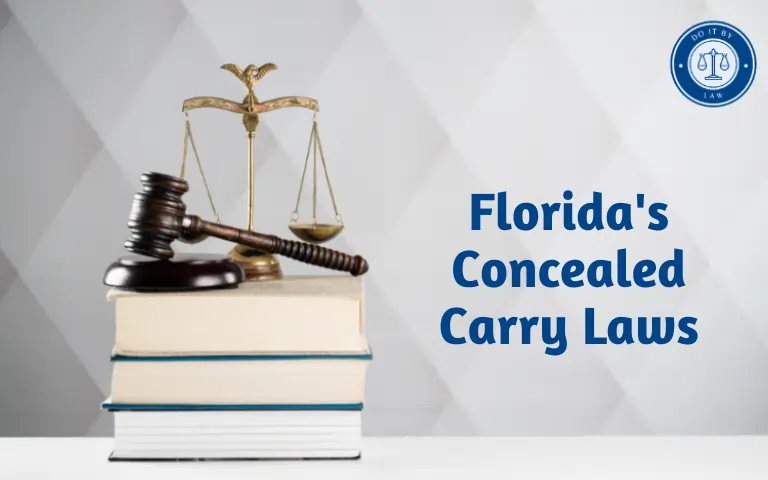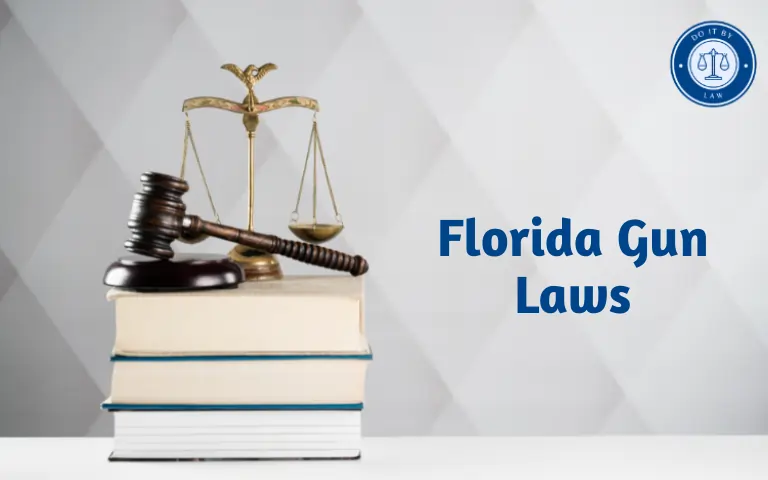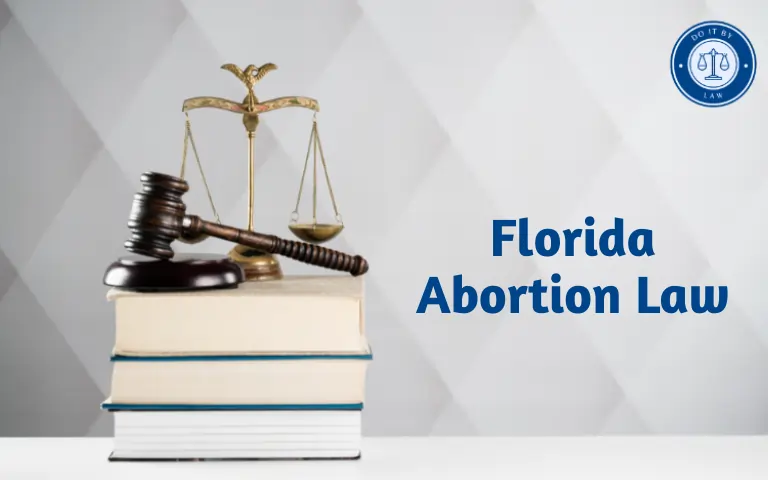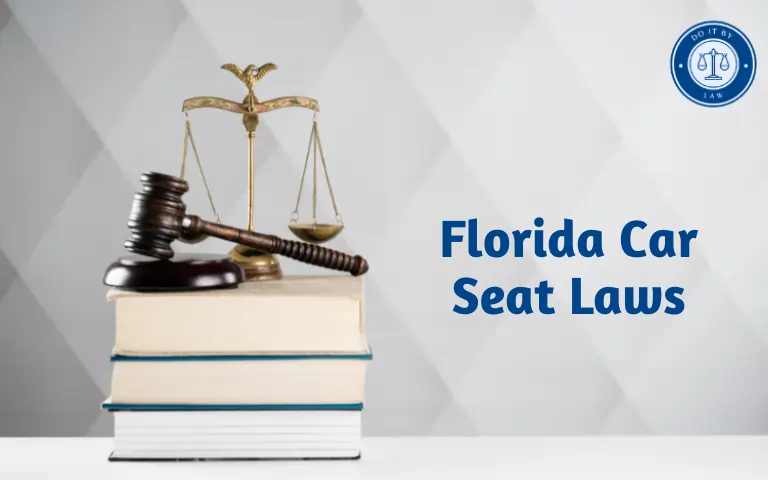An In-Depth Guide to Florida’s Concealed Carry Laws in 2024
With gun rights remaining a heated issue nationally, Florida stands out for having relatively permissive Florida’s Concealed Carry Laws policies. However, understanding the intricacies of Florida’s concealed weapons permitting process still challenges many gun owners.
This comprehensive guide will explain Florida’s concealed carry laws, who qualifies, where you can legally conceal carry, prohibited locations, permit application specifics, and more. We’ll also cover recent legislative changes impacting concealed carry in the Sunshine State. Let’s unpack everything you need to know about staying on the right side of Florida’s concealed carry rules.
A Brief History of Florida’s Concealed Carry Laws
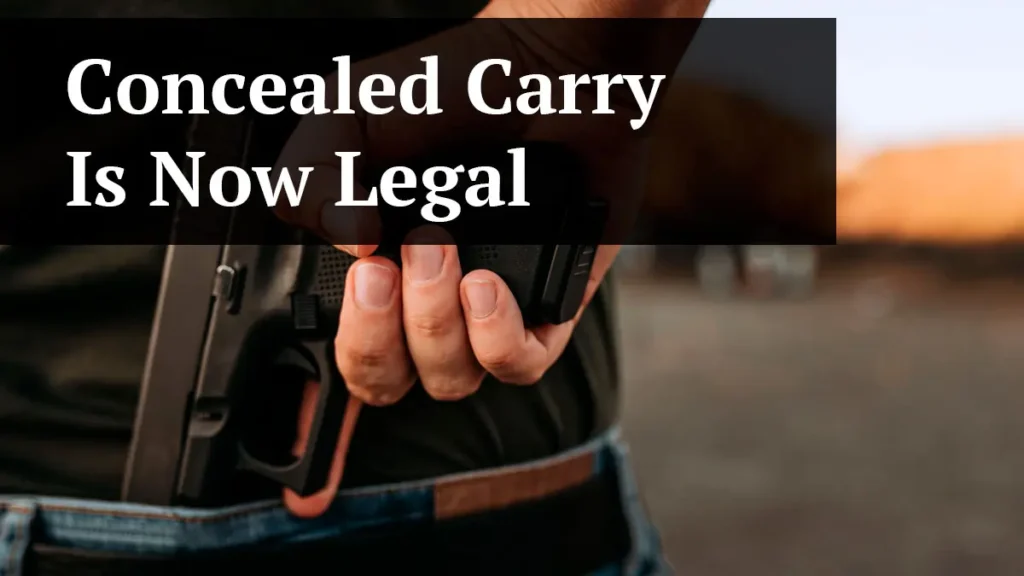
Florida States concealed weapons permitting process traces back to 1987 when the state first passed laws allowing citizens to carry concealed firearms with proper licensing. This made Florida one of the earlier “shall issue” states approving concealed carry permits for non-law enforcement.
The law mandated that Florida’s Department of Agriculture and Consumer Services oversee the concealed weapons permitting process for qualified applicants. The legislation aimed to expand citizens’ right to bear arms while implementing controls like testing and background checks.
In the decades since Florida has continued loosening restrictions on legal concealed carry while streamlining the licensing process. The state now recognizes permits from all other states and allows gun owners to conceal carry in many public places.
Who Can Obtain a Florida’s Concealed Carry Laws Permit?
To legally carry concealed firearms in Florida, you must qualify for and obtain a Concealed Weapon License (CWL) from the state. Permits are issued at the discretion of Florida’s Department of Agriculture Division of Licensing.
To qualify for a Florida CWL, applicants must:
- Be 21 years of age or older. 18 for the military.
- Prove residency in the United States (Florida residency is not required).
- Complete a firearms training course from a licensed Florida instructor.
- Pass a background check with no felony convictions or other disqualifiers.
- Submit a complete application with required documentation.
- Pay the applicable CWL application fee.
Non-residents can apply for Florida concealed carry privileges by submitting fingerprints, certification documents, and other required materials. U.S. citizens living abroad may also qualify.
Requirements for Obtaining a Florida’s Concealed Carry Laws Permit
Meeting Florida’s eligibility criteria is the first step. You must then complete the following to obtain your concealed carry license:
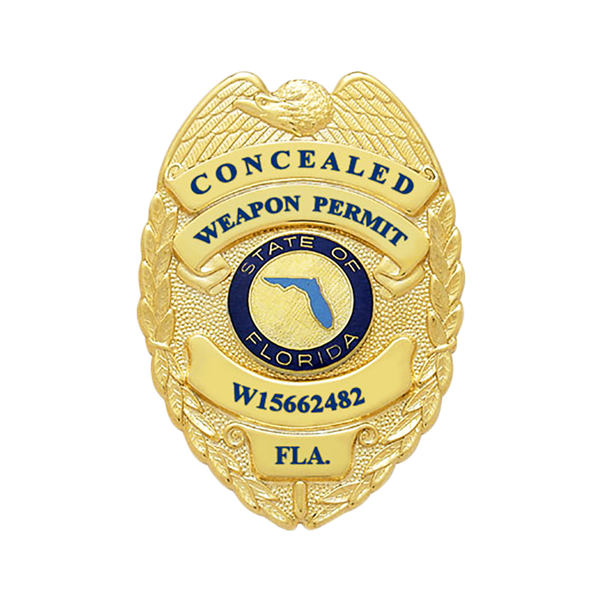
- Complete a state-approved firearms safety training course. This includes classroom and range instruction on safe handling, laws, shooting techniques, and more. Courses are offered across Florida by certified instructors.
- Submit a completed concealed carry license application form with supporting documents. This includes citizenship/residency proofs, IDs, fingerprint receipts, and training certificates. Everything must match your state ID.
- Pass a background check. Applicants cannot have felony convictions or other disqualifiers like drug offenses, domestic violence charges, or mental health issues.
- Pay all applicable fees. Costs include fingerprinting, background checks, and the license itself. Total fees often range from $100-$200.
- Provide a digital photograph. Your photo will be printed on your concealed carry license.
- Wait for approval. Typical processing time is 90 days or less if all criteria are met. Incomplete applications can significantly delay approval.
- Carry your license whenever concealed firearms are present. You must also notify officers immediately if stopped. Failure to comply can lead to severe penalties.
Where is Concealed Carry Permitted in Florida?
With a valid Florida CWL, you can legally carry concealed firearms and ammunition in most public locations, with some exceptions. Concealed carry is generally allowed in:
- Public parks, recreation areas, wildlife refuges, etc.
- Public transit like buses, trains, taxis
- Private businesses that do not expressly prohibit weapons (signage required)
- Public K-12 schools (permitted only for authorized personnel)
- Public colleges/universities (may require additional permitting)
- Public demonstrations and protest gatherings
- Private residences and properties unless disallowed by the owner
- Hotel/motel rooms rented by the permit holder
- Enclosed containers within a permitted vehicle
Always confirm local ordinances. Some Florida municipalities impose additional restrictions on public concealed carry despite statewide preemption. Also be aware of federal limits on concealed firearms in federal properties, airports, etc.
Where is Concealed Carry Prohibited in Florida?
While expansive, Florida concealed carry rights are not unlimited. Key locations where concealed weapons remain strictly prohibited include:
- Police stations, sheriff’s offices, detention facilities
- Courthouses and courtrooms
- Federal and state government buildings
- Airport passenger terminals and screening checkpoints
- Polling places on election days
- Establishments serving alcohol (if over 50% of sales)
- Sports arenas, stadiums, racetracks
- Amusement park rides and attractions
- Elementary and secondary school grounds
- College and university campus buildings
- Career centers, PACE Centers for Girls, or IRC high schools
- Licensed childcare facilities
Be aware many private businesses also exercise their right to ban concealed firearms on premises by posting signage. Always respect prohibitions or risk severe penalties.
Penalties for Violating Florida’s Concealed Carry Laws
Carrying concealed firearms without proper CWL licensing or violating off-limits locations can result in criminal prosecution. Penalties may include:

- First offense misdemeanor – Up to $1000 fine and/or up to 1 year imprisonment
- Second offense misdemeanor – Up to $1000 fine and/or up to 1 year imprisonment
- Third offense felony – Up to 5 years imprisonment and/or up to $5000 fine
In addition, concealed carry infractions can lead to permanent revocation of your CWL by the Florida Department of Agriculture. Negligent discharge or improper exhibition of a firearm also risks losing carrying privileges. Respect all concealed carry laws and limitations.
Recent Changes to Florida’s Concealed Carry Laws
Florida’s concealed carry statutes undergo frequent updates and changes. Here are some notable legislative tweaks from recent years:
- Strengthening preemption to prohibit local gun ordinances stricter than state law (2011)
- Allowing concealed carry licensees to briefly display weapons for self-defense (2015)
- Shifting licensing from Dept. of Agriculture to Dept. of Financial Services by 2023 (2022)
- Allowing church personnel to carry on property for security purposes (2022)
- Banning permit requirements for concealed carry during evacuations (2022)
Pro-gun legislators in Florida continue introducing bills to loosen restrictions on legal concealed carry. Gun control advocates push back against perceived dangerous deregulation efforts. Expect more legal shifts ahead.
Ongoing Concealed Carry Debates and Controversies
While Florida leans gun-friendly, disputes around the state’s concealed carry policies remain heated:
- Preemption challenges – Local municipalities seek more authority to enforce gun-free zones to reduce violence. These efforts are usually deemed preempted by statewide law.
- Private business bans – Requiring private establishments to allow concealed carry versus property rights conflicts frequently end up in court.
- College campus carries – Student safety versus self-defense arguments continue around allowing guns on Florida’s public university and college campuses.
- Unlicensed carry – Debates ongoing over allowing permitless concealed carry for law-abiding gun owners during emergencies like evacuations.
- Open carry – While legally permitted when fishing, hunting, or camping, some gun advocates still push for open carry rights in everyday public spaces like sidewalks.
Navigating the crossover between gun rights and public safety continues challenging Florida lawmakers. The concealed carry debate is sure to remain heated on both sides.
Key Takeaways on Florida’s Concealed Carry Laws in 2024
- Florida allows concealed carry statewide with proper licensing for citizens 21+ or 18+ military.
- Applicants must complete training, undergo background checks, and meet eligibility criteria.
- Public places generally permit concealed carry unless designated restricted by law or properly signed as gun-free zones.
- Schools, government buildings, public transit, airports, courtrooms, and other select locations remain off-limits.
- Penalties for violations include fines, imprisonment, and permanent revocation of concealed carry licenses.
- Pro-gun lawmakers continue loosening concealed carry rules while local jurisdictions seek tighter controls.
Florida’s concealed carry licensing process balances expansive legal concealed carry rights with the necessary training, vetting, and prohibitions in sensitive locations. Staying up to date on the latest laws and respecting rules keeps responsible gun owners safely within their rights.

